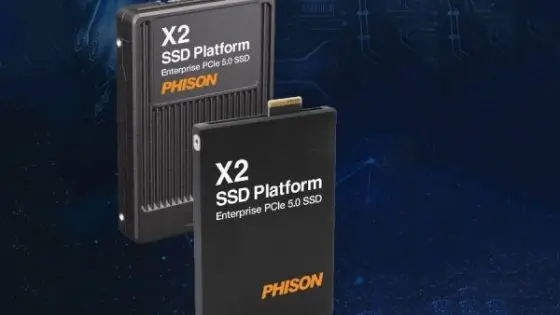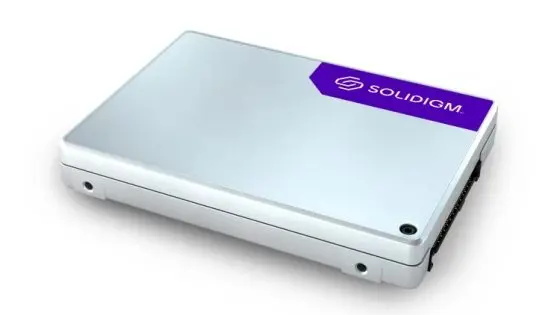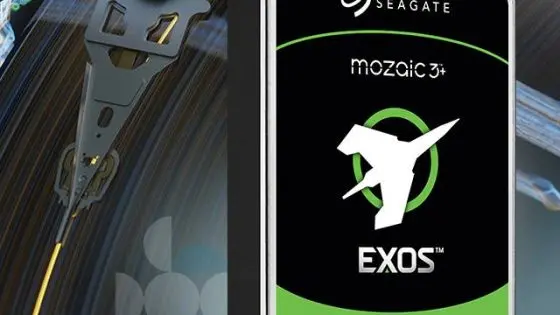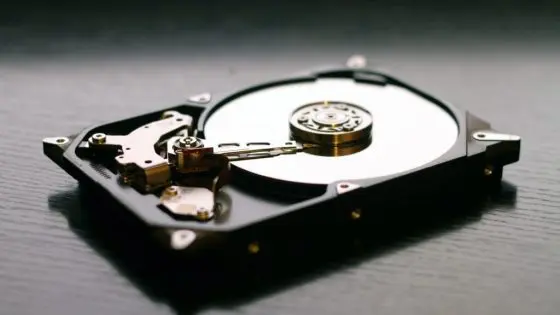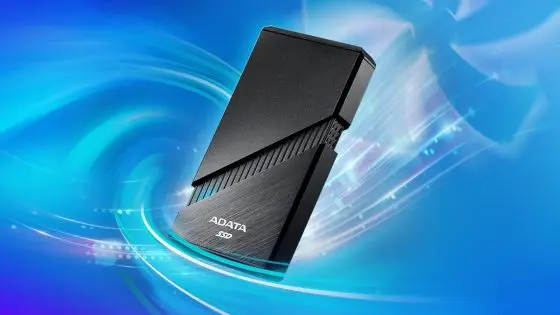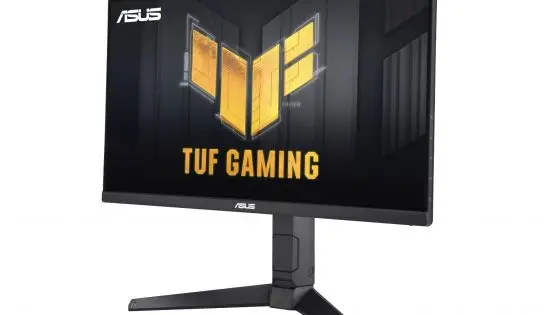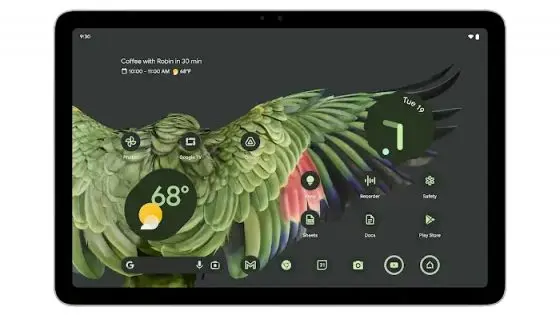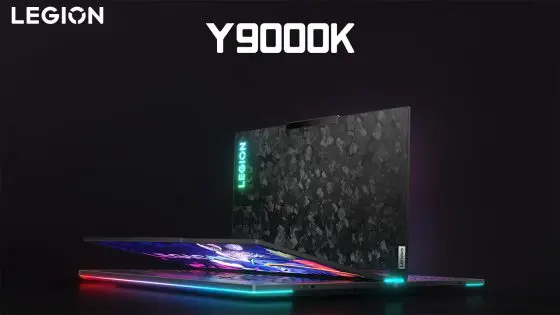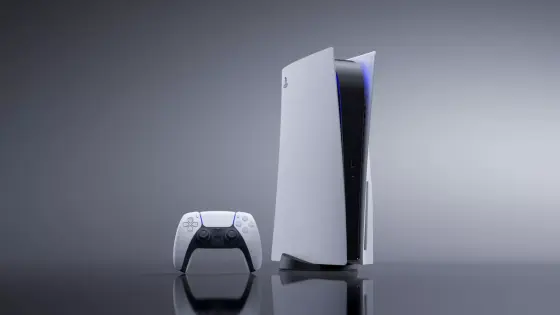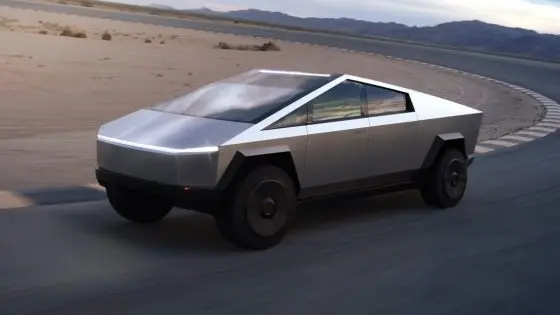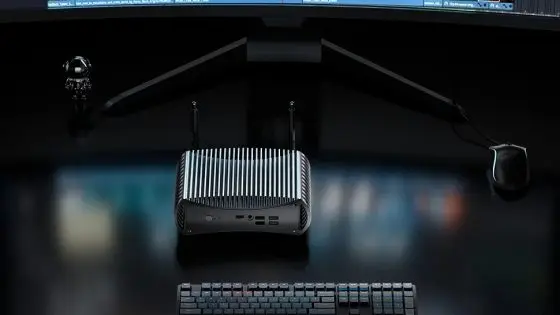MSI Spatium M580 extremely fast drive

MSI recently announced the MSI Spatium M580 Frozr NVMe drive with a hefty #141 air cooler rated to achieve speeds of up to 14.6GB/s. The tall cooler includes three heat pipes, but no fans, because of the esar, it is far away. the largest passive SSD cooler we've ever seen.
According to the developer's blog post, this massive air cooler lowers operating temperatures by up to 20 degrees Celsius using its heat pipes and aluminum fins. If the performance figures of 14.6 GB/s read speed and 12.7 GB/s write speed provided by MSI are true, it stands to reason that the new fastest SSDs on the market needed some additional cooling room.
The Spatium M580 Frozr is detailed as using DRAM cache and SLC cache to help keep speeds high and latencies low. There's even a focus on system monitoring and data backup software through the Actiphy partnership, as well as built-in support for LPDC ECC and E2E data protection. Most importantly, the drive is covered by a 5-year warranty, similar to the competition.
Currently, the fastest NVMe SSD is the Crucial T705, which is rated for up to 14.5 GB/s write and 12.7 GB/s read. Provided the MSI Spatium M580 Frozr can hit the performance numbers MSI is touting in its first blog post, it looks like the T705 could have some decent competition.
However, the Crucial T705 still has a much more modest cooler than the one on the MSI Spatium M580 Frozr.
Is such an increased heatsink really worth what may ultimately prove to be only a marginal improvement in performance? At least for a computer gamer, this is a questionable choice. Even the most brutal games on SSD these days do not exceed 3 GB/s. Other professional workloads that are more strictly tied to NVMe's high throughput, however, may see more value in this trade-off.




